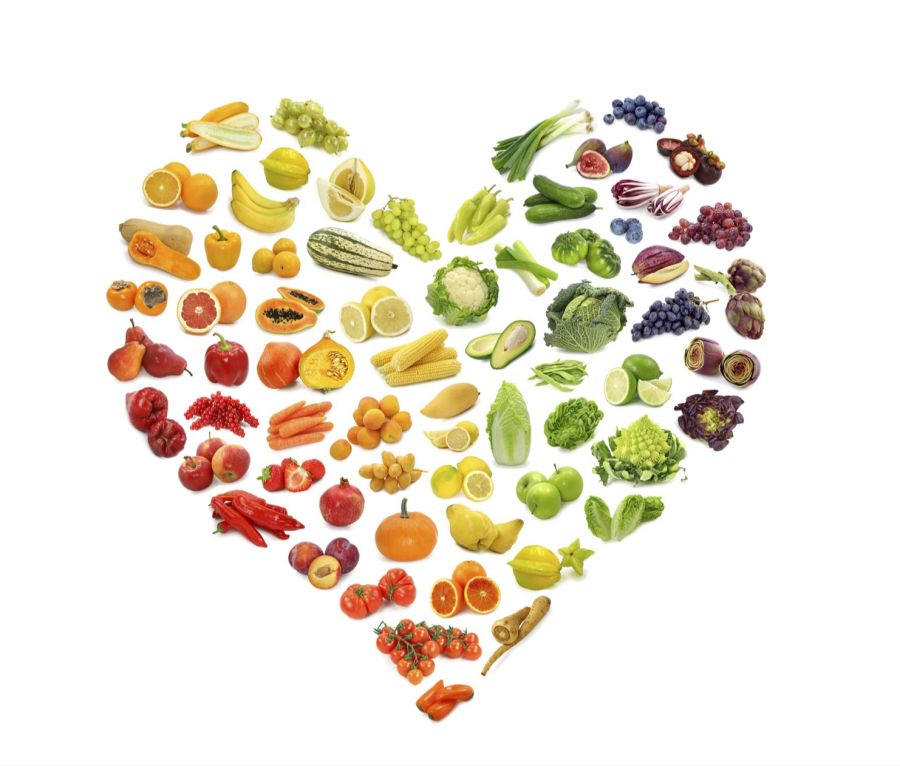Does Diet Aid in Cancer Prevention?
Natural foods high in polyphenols and carotenoids, such as carrots and berries, may lower your cancer risk.
Roughly 1.9 million people are diagnosed with cancer each year. Typically, patients undergo one or a combination of three treatment plans: chemotherapy, radiation, and surgery. However, despite the commonly held belief that the only cure for cancer is through medicine, a more familiar cure that isn’t as widely known is our diet.
The process of cancer formation, carcinogenesis, occurs in three steps: initiation, promotion, and progression. First, a genetic mutation occurs within a cell during initiation, causing it to divide into more cancerous cells. When the cell divides, two things may go awry: your oncogenes or tumor suppressor genes — genes that regulate cell growth and division — may be mutated. Changes in either of these genes may inhibit apoptosis, that is, programmed cell death. These unique mutations cause cancer cells to grow uncontrollably or metastasize. In the second stage, promotion, promoters, such as insulin, fuel the spread of cancer cells. In the final stage, progression, cells metastasize to different areas in the body.
But how does our diet play into all of this? According to a 1994 study in Saudi Arabia, our diet may act as a promoter or suppressor. In other words, our foods may contain certain chemicals that fuel or starve carcinogenesis. For example, in 2005, researchers prompted 148,610 healthy adults to report their red-meat consumption from 1992 to 2001. From this data, researchers found that subjects with higher red and processed meat consumption had a greater risk for colon cancer. Contrastingly, red and orange vegetables, like tomatoes and carrots, can help stop carcinogenesis. This is because these vegetables contain a phytonutrient called carotenoids, a natural dye that aids apoptosis through DNA fragmentation (the separation of DNA). In 2000, researchers tested this by feeding mice carotenoid-loaded oranges and palm juice. The results showed the nutrients from the oranges suppressed carcinogenesis in the mice’s skin, lungs, liver, and colon.
Other natural foods like cocoa powder and berries are high in polyphenols, another naturally-occurring nutrient. Polyphenols also can induce apoptosis and inhibit the signaling pathways cancer cells need to divide. A recent 2020 study showed polyphenols could reduce ovarian and endometrial cancers by 30%.
Despite the definitive tumor-suppressive properties of fruits and veggies, other foods like fish require more research to establish a clear connection to cancer prevention. In a 2022 article published by the New York Times (NYT), studies showed those who ate fish had an increased risk of melanoma, an aggressive skin cancer, despite strong support for its consumption. Dr. Eunyoung Cho, an associate professor for dermatology at Brown University, told the NYT, “we believe it’s not fish per se, but probably some contaminant in fish.” For example, mercury and arsenic may be causing melanoma.
But, if one thing’s clear, a natural, well-curated diet may be critical in slowing or even preventing cancer. Perhaps an apple a day does keep the doctor away!

